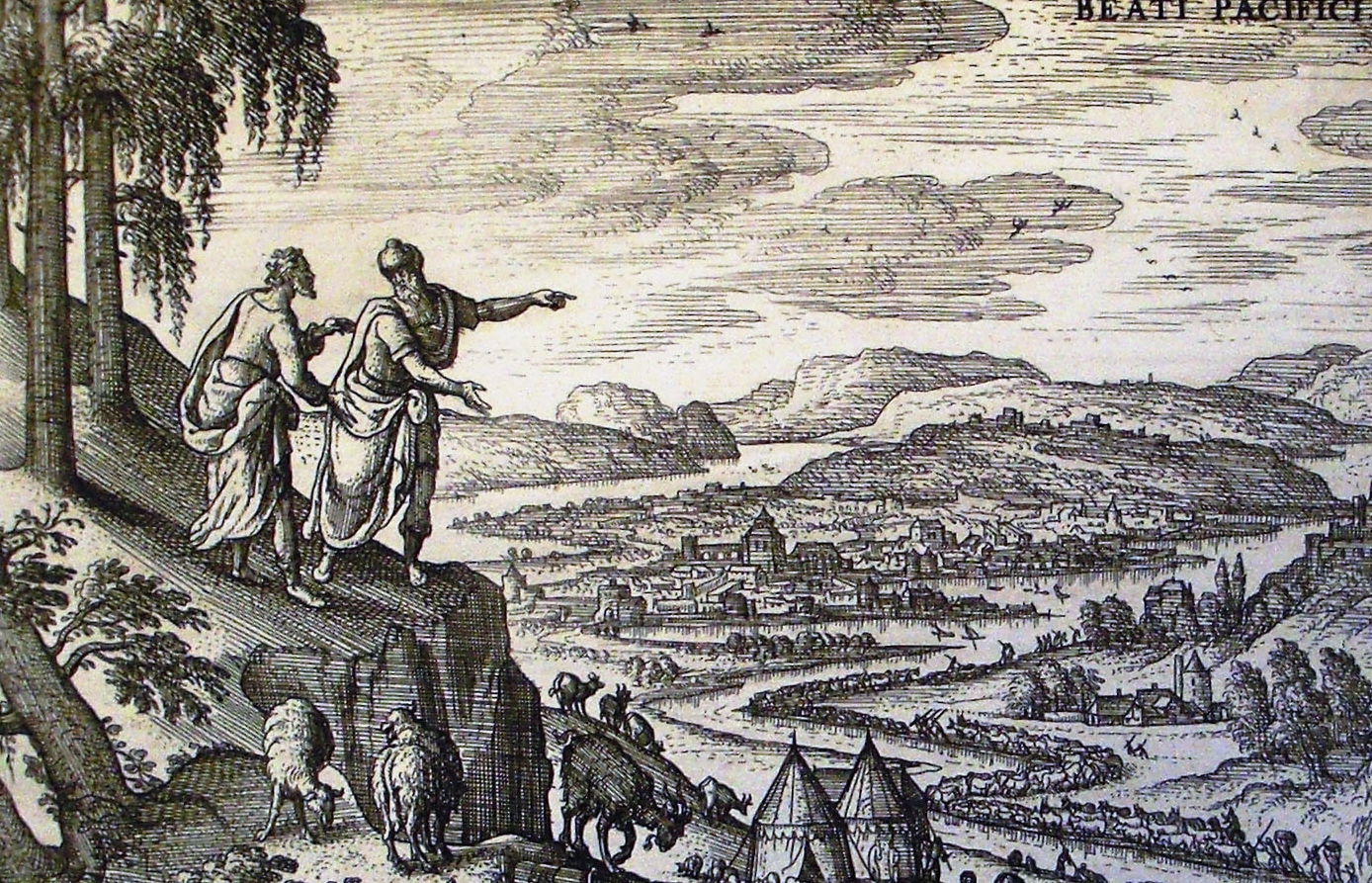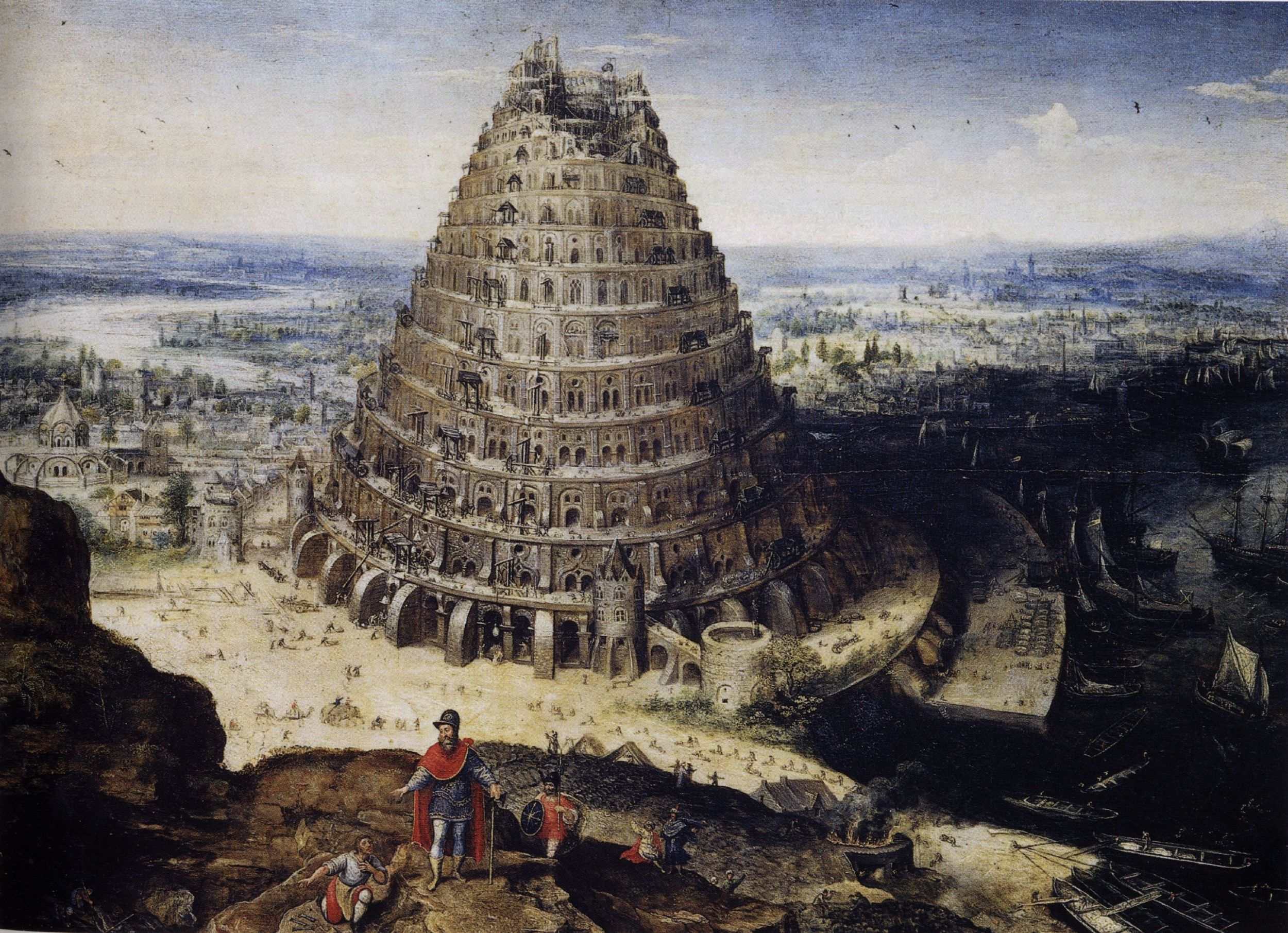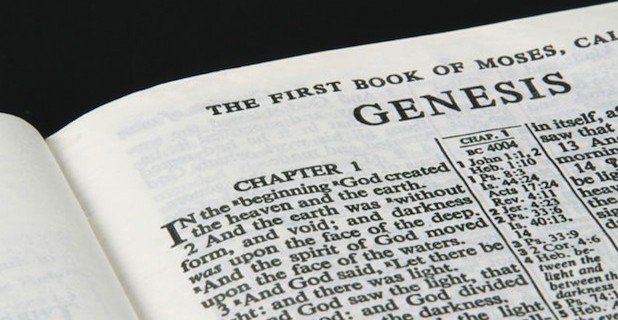Then the Lord said, "Because the outcry against Sodom and Gomorrah is great and their sin is very grave, I will go down to see whether they have done altogether according to the outcry that has come to me. And if not, I will know."
Genesis 18:20-21
In Genesis 18 we come to one of the more unusual prayer episodes in the Bible. God had taken human form and visited his friend Abraham. Before God leaves, he reveals to Abraham that he is about to judge Sodom and Gomorrah for their outrageous wickedness.
Why does God mention this to Abraham? Because God wants Abraham to pray for his nephew, Lot, who lives in Sodom. God wants Abraham to intercede. He wants Abraham to
care
.
And care Abraham does. He is hesitant and tentative at first. But he approaches God, broaching the matter of this imminent judgment and he asks God to spare the entire wicked city if there are fifty good people to be found in the city.
Then he waits. And the righteous God, the Judge of the whole earth, says yes.
Abraham doesn't stop there. He is desperately burdened for Lot and Lot's family of four, so he continues to pray.
"Will you spare Sodom if forty-five good people are left?" "Yes. Yes I will spare it."
Whew! (You hear Abraham letting his breath out as he closes his eyes in relief.) But he doesn't stop there.
"What if there are forty?" ... "Yes."
"What if there are thirty?" ... "Yes."
"What if there are only twenty?" ... "Yes."
"Lord, don't be upset at my boldness, but what if only ten good people are left in the city? Will you spare the entire city for the sake of the ten?" ... "Yes! For the sake of the ten, I will spare the entire city."
Can you sense it? God
wanted
Abraham to pray. God
wanted
Abraham to intercede. God
wanted
Abraham to care.
And care Abraham did. He prayed. He prayed passionately. He prayed emotionally. He prayed boldly. He prayed persistently.
God will burden us with certain needs, certain hurts, certain people, certain non-Christian friends because he wants us to pray for them. He wants us to intercede for them. He wants us to care.
Who is that for you? Some of these people God would have you intercede regularly for: a spouse, children, other family members, close friends. Other people we will pray for during a season - a health crisis, a job need, a marriage breakdown, a special request.
You are God's friend. You are God's ally. You are God's partner. You have clout with God. Who is it that God is calling
you
to bring before him in passionate and persistent prayer?
Ask him. Ask him and wait. Be sensitive to the people he puts on your heart.
By the way, God did not spare Sodom. There were only four good people in the city, Lot and his family. But God rescued Lot and his family from Sodom before judgment fell. Because this is what Abraham was really praying: "O Lord, please spare my nephew Lot and his family if you judge Sodom!"
God knew what Abraham wanted. He knew and heard and answered.









